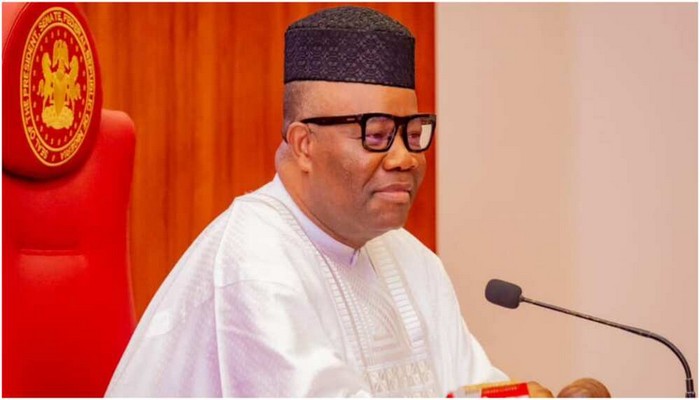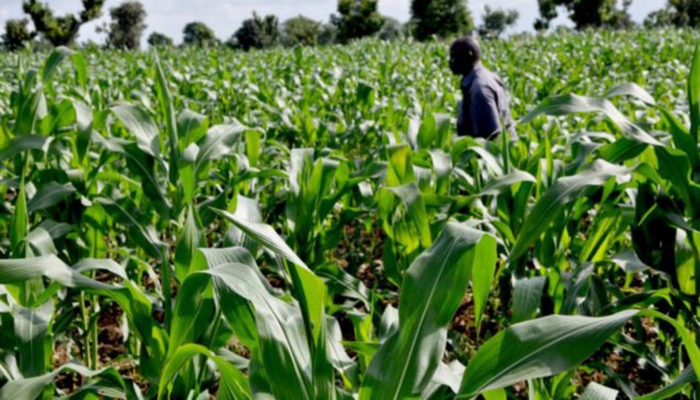Lagos State government said no fewer than 879 farmers and Small and Medium Scale Enterprises (SMEs) across poultry, aquaculture and rice value chains have directly benefited from the Lagos Agro-Processing, Productivity Enhancement and Livelihood Improvement Support (APPEALS) project in the last three years.
It also said that another set of 3,516 stakeholders in the agricultural sector benefitted indirectly from the project, while over 8,000 farmers received one form of training and demonstration with strong evidences of positive resultant effect on the output of these stakeholders and farmers.
In a statement yesterday, the state’s Commissioner for Agriculture, Abisola Olusanya, who stated this at the pre-sixth implementation support mission of the project, explained that these farmers and SMEs had been empowered with physical input and equipment to help them improve their productivity in the stipulated value chains.
Olusanya, who spoke through the Permanent Secretary, Ministry of Agriculture, Dr. Olayiwole Onasanya, said the state’s steering committee and the technical committee had been performing their oversight functions in ensuring that the project implementation remains on course, adding that the project’s stakeholders have so far been satisfied with the level of interventions.
The commissioner, who disclosed that the state government was providing maximum support to the project in ensuring that the contributions of these value chains to food security, local production, improvement of livelihood as well as creation of export market are sustained, assured that the state would come up with a conducive regulatory framework and a business-friendly environment where commerce could thrive by providing support for the key economic sectors.
She added that the state government would always contribute its quota to all donor/World Bank Assisted Projects through regular payments of its counterpart contributions as well as provision of capable human resources for the successful implementation of these projects.
Olusanya, therefore, implored the mission’s team to look critically at ways of removing all bottlenecks associated with the implementation of the project, especially because of the looming food crisis associated with the COVID-19 pandemic and other security challenges in the country.
The National Co-ordinator for the project, Mr. Mohammed Jobdi, said that the essence of the pre-sixth implementation support mission was to critique and assess the work so far in terms of projects implemented, farmers trained and empowered and many others before the actual meetings with the World Bank and other stakeholders in the budget.






































